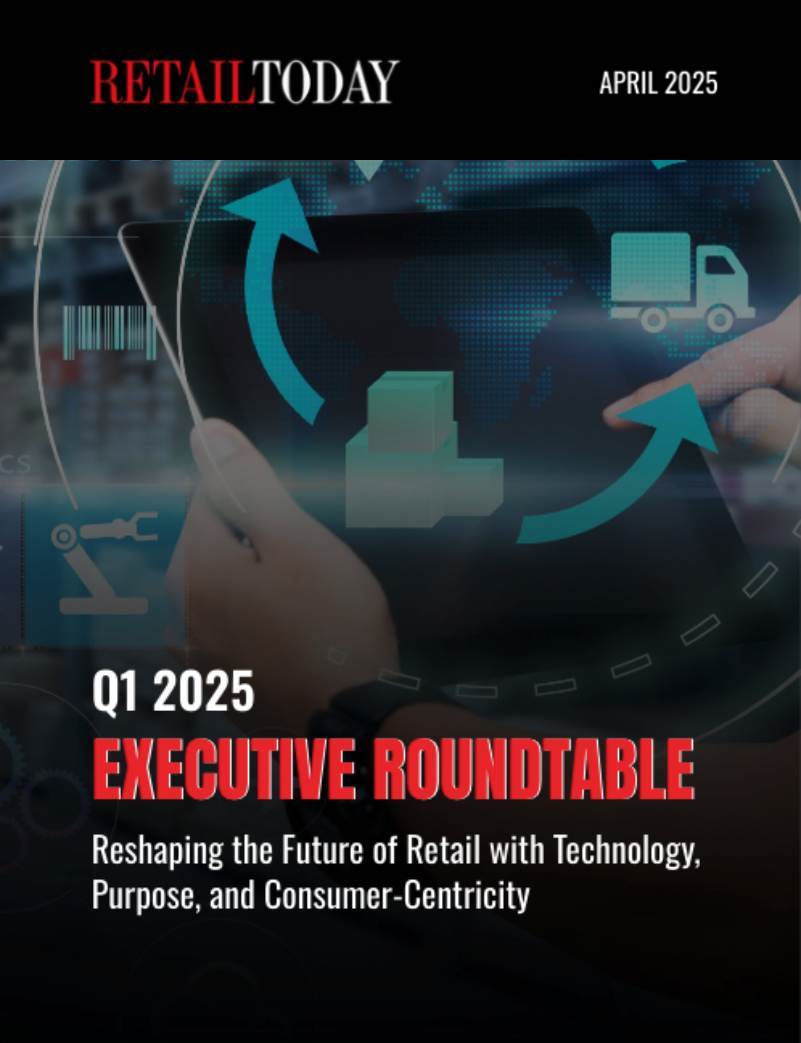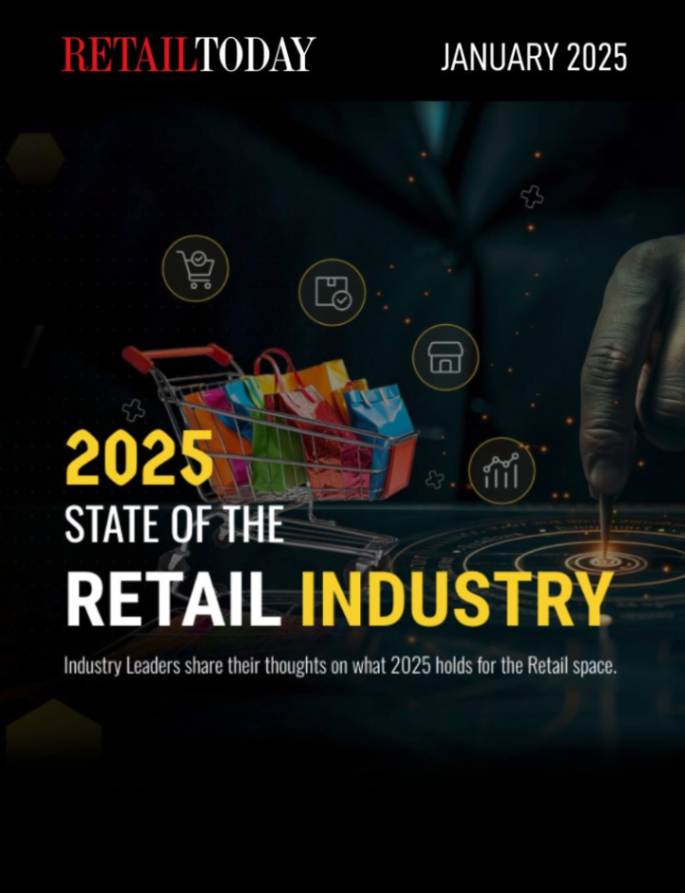
After two highly unusual years, retailers enter 2022 in a state of continued uncertainty. This is what retailers need to focus on now:
Retailers need to learn to live with supply chain disruption. The pandemic is unique in how it hit so many parts of so many different supply chains in so many different ways. Stabilizing supply will take a long time. Also, disruptions caused by severe weather, geo-political tension, and natural disasters will continue to trouble global supply chains.
Retailers cannot stock-pile themselves out of this. Instead, they need to modernize their supply chain planning systems or else be prepared to lose millions due to stock-outs or unsold, outdated inventory. To deal with quick shifts in supply, retailers must anticipate demand in every channel, every day, and continuously optimize how they deploy inventory for best business outcomes. They also need to hedge sourcing risks by diversifying their supplier base. Finally, they need to start sharing demand and inventory visibility with their suppliers to keep their supply chains in sync.
Retailers need to start seeing their workforce for the critical asset it is. The “great resignation” has hit retailers hard. Many former store and distribution workers are unwilling to return to the same work conditions and wages that they left. Labor is a key cost driver and a key driver of sales and customer satisfaction. Yet, retailers have traditionally treated their store and distribution staff as a resource that can be scaled up or down at will and, hence, not requiring the same quality of planning as, for example, inventory management.
Retailers need to improve how they anticipate, plan, and optimize staffing. Through work shifts that accurately match the actual workload, retailers improve productivity by up to 10%. At the same time, companies that can consider employees’ personal schedules and offer them more visibility and control over future work shifts will have a huge advantage in a competitive labor market.
Retailers need to step up their fulfillment game. Some years ago, two-day delivery by Amazon was considered state-of-the-art. Now consumers have access to instant delivery, at least in the bigger cities. Although consumers aren’t expecting to have their every need met within 15 minutes (yet), every retailer needs to meet their own clients’ expectations with regards to fulfillment speed and cost.
At the onset of the pandemic, retailers scurried to ramp up their online fulfillment to match raising online demand. Post-pandemic, online demand will remain on a higher level, but overall retail spend may drop significantly from peak pandemic levels. Inefficient fulfillment erodes the bottom line. To stay relevant, retailers now need to figure out the right balance between closeness to consumers (facilitated by picking in stores, dark stores, or urban micro-fulfillment centers) and picking efficiency (facilitated by highly automated fulfillment centers). Furthermore, they need to be able to anticipate future inventory, resource, and capacity requirements in detail for every fulfillment option to be able to guarantee high customer satisfaction without excess cost.
Mikko Kärkkäinen (PhD) is the CEO and co-founder of RELEX Solutions. Before founding RELEX, Mikko conducted ground-breaking research on retail supply chains. Under Mikko’s leadership, RELEX Solutions has grown into a global leader in cloud-based retail planning, unifying demand planning, merchandising, supply chain, and operations on one platform, and serving leading retailers, such as DollarTree, Marks & Spencer, Rite Aid, PetSmart, Sephora, MediaMarktSaturn, and Delivery Hero, across the globe.






